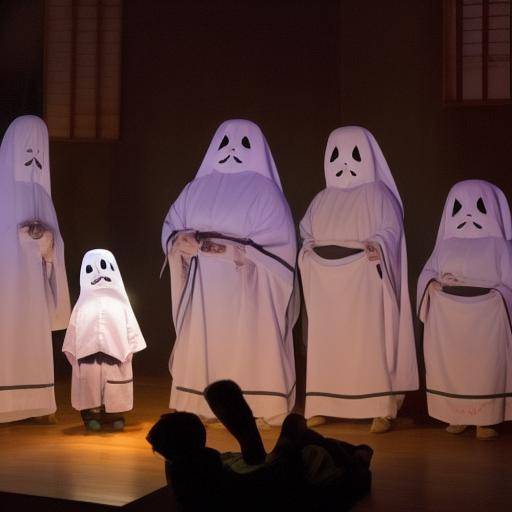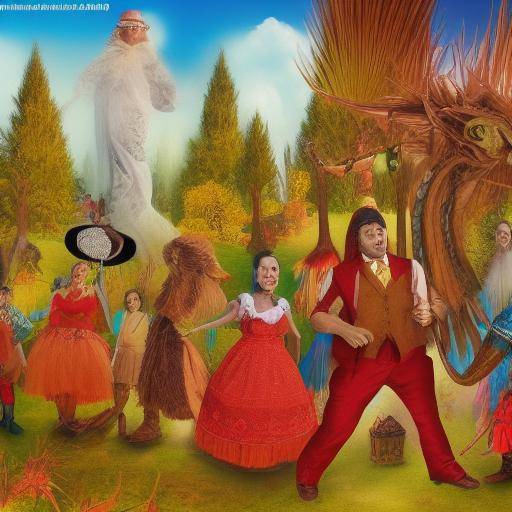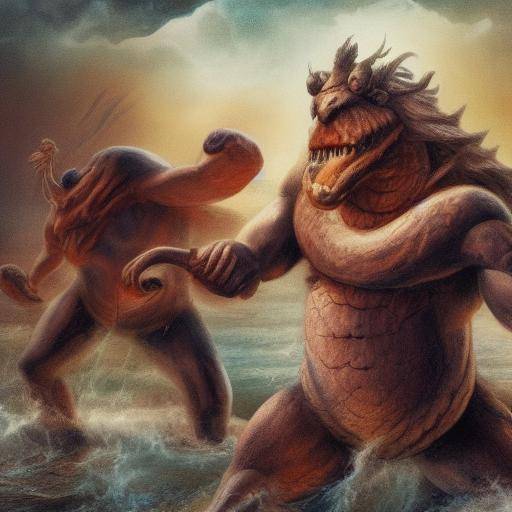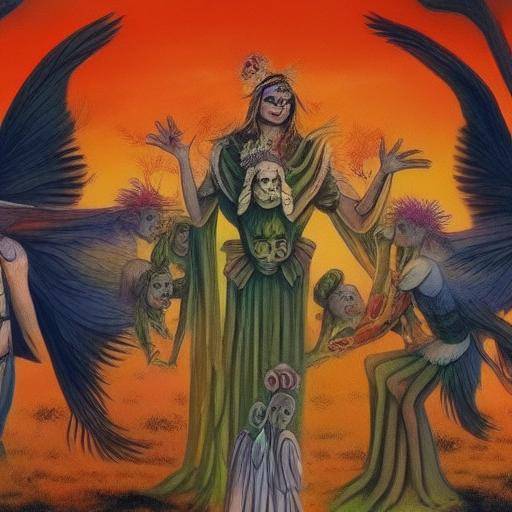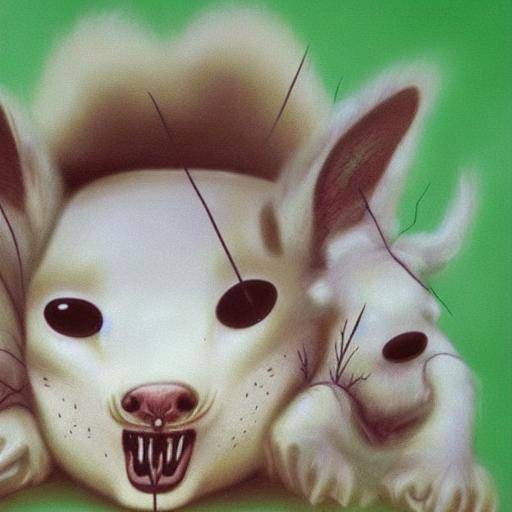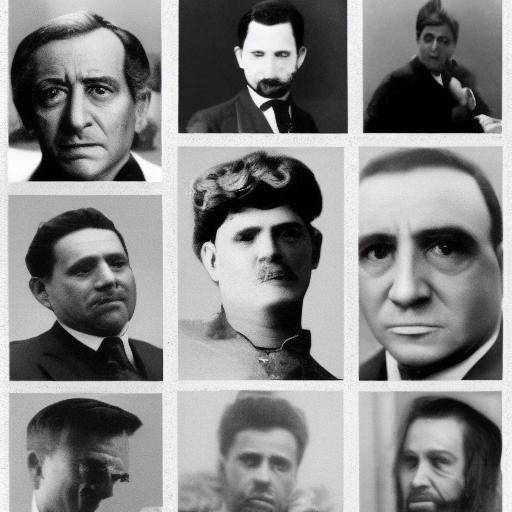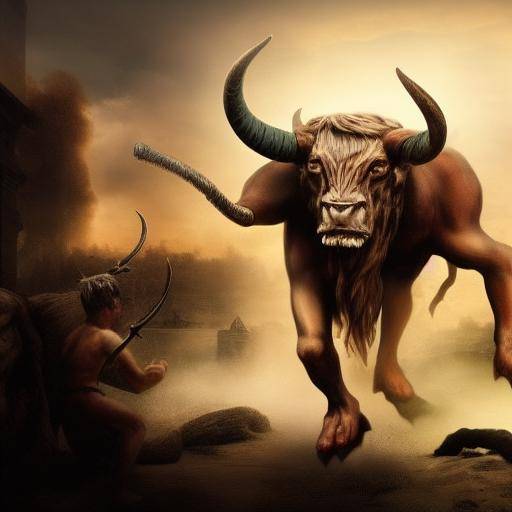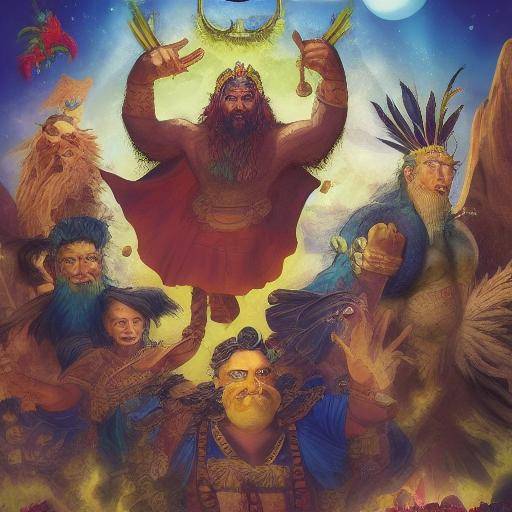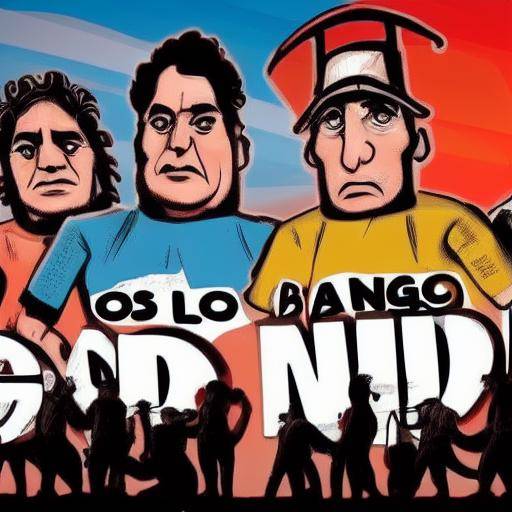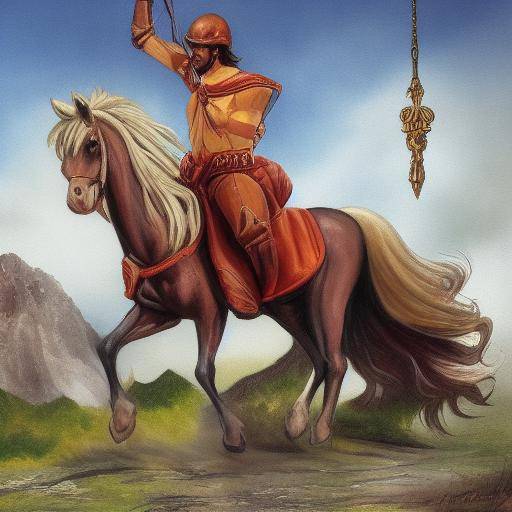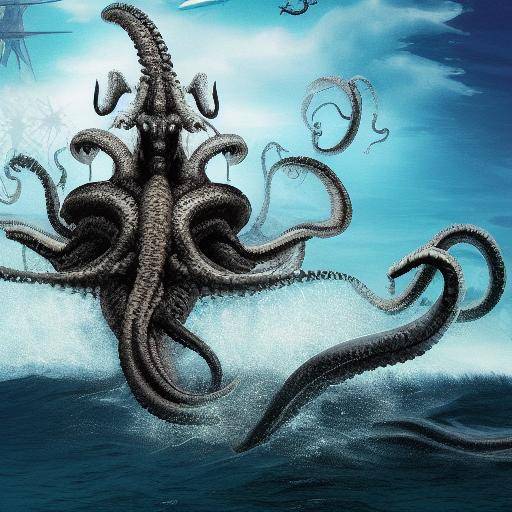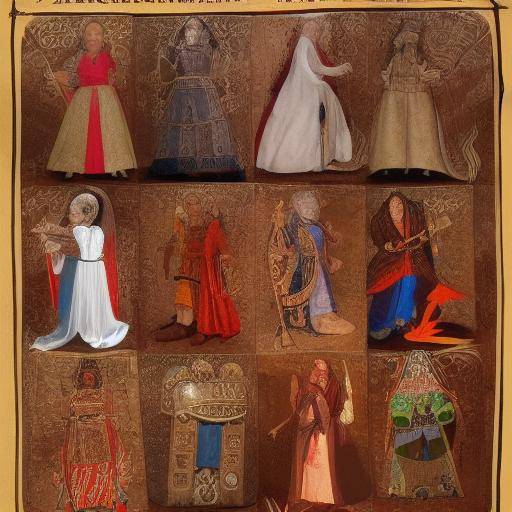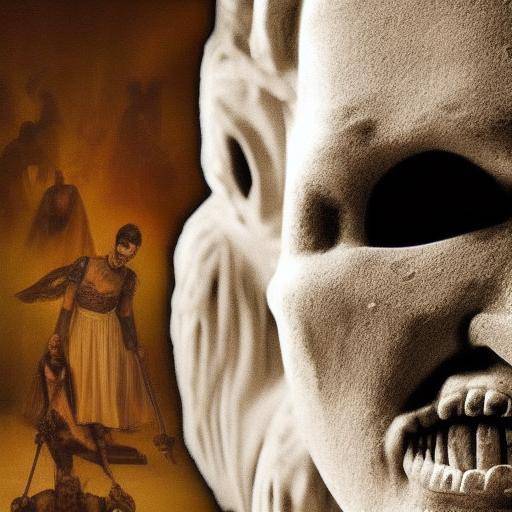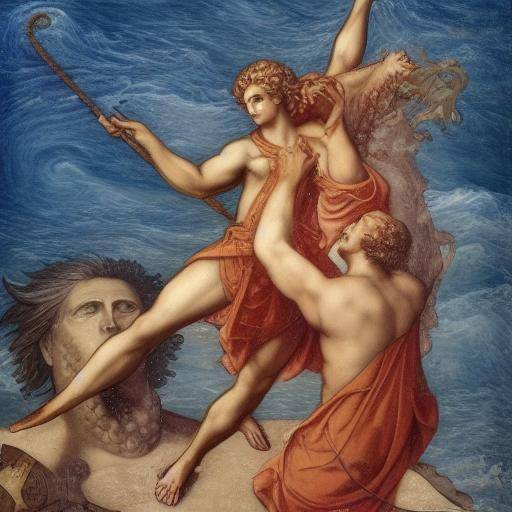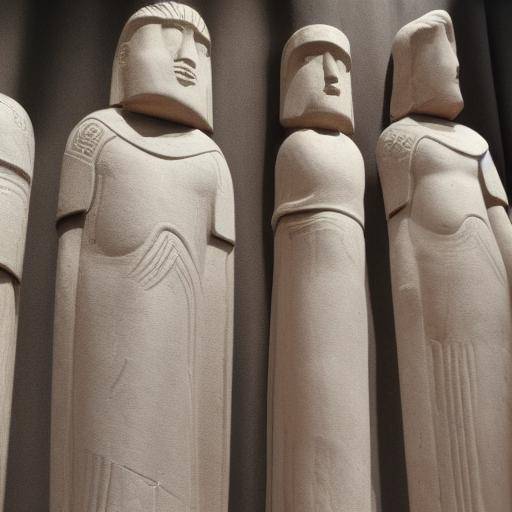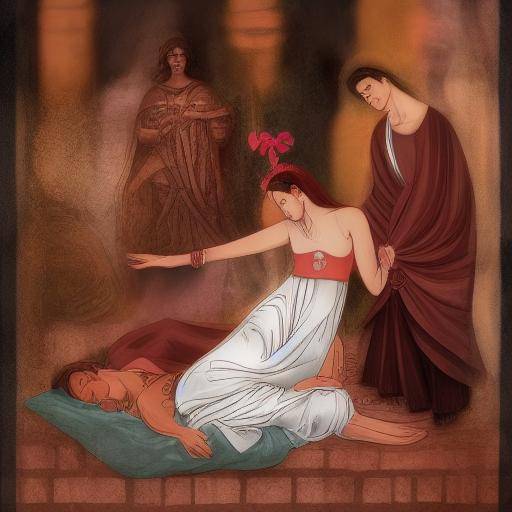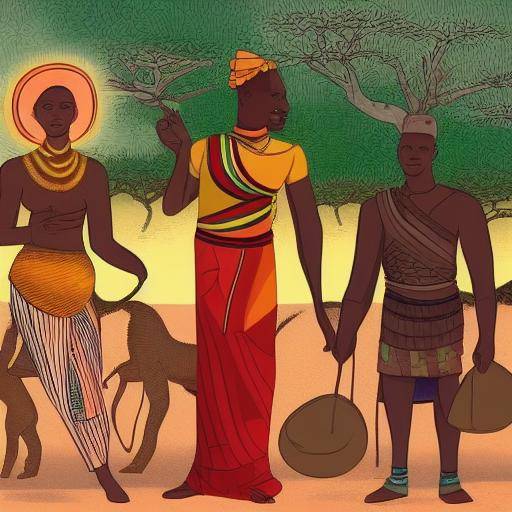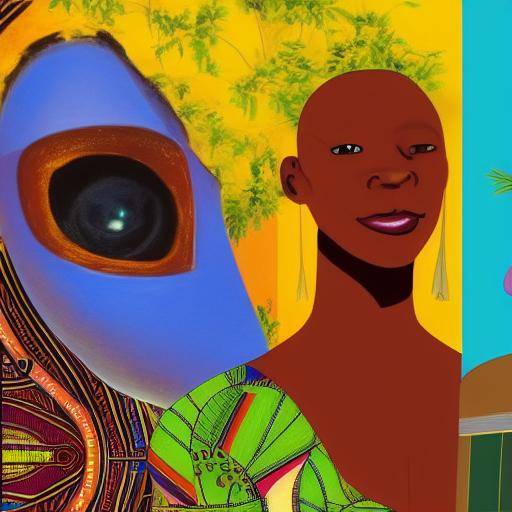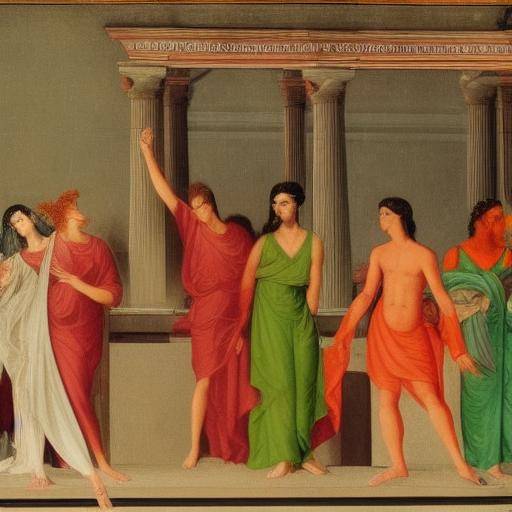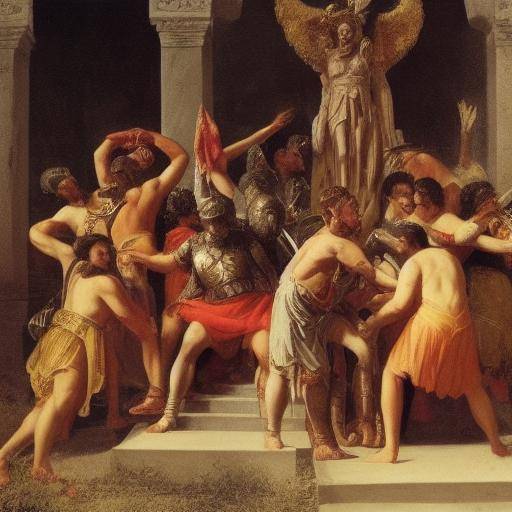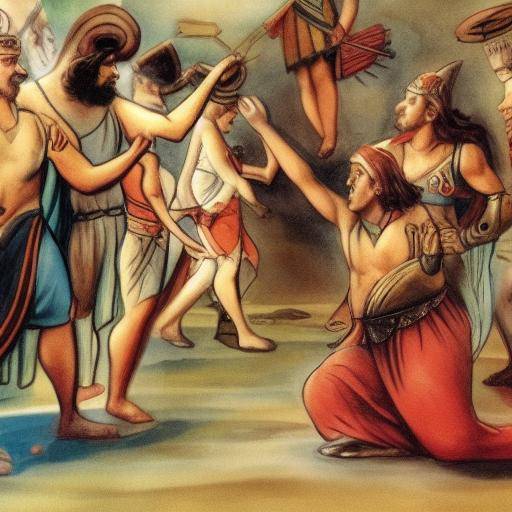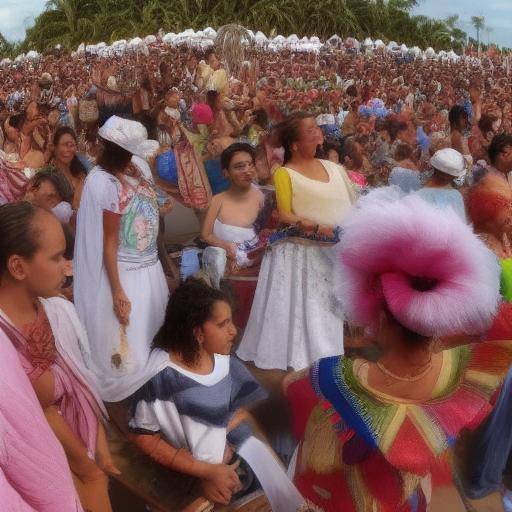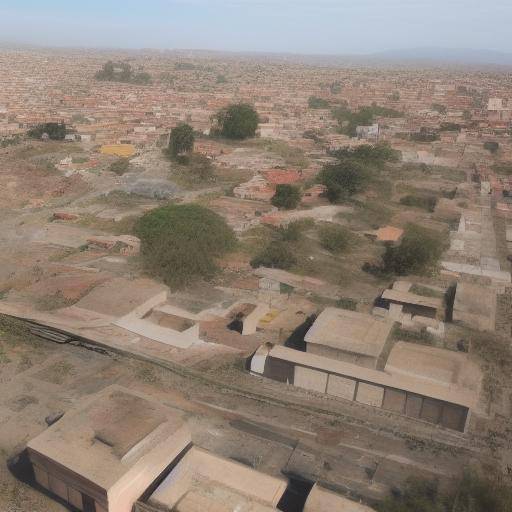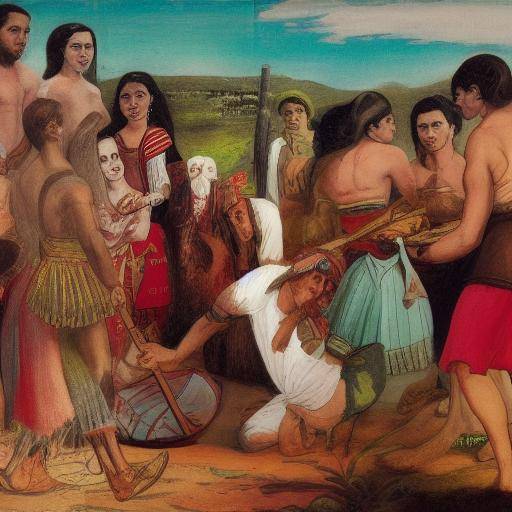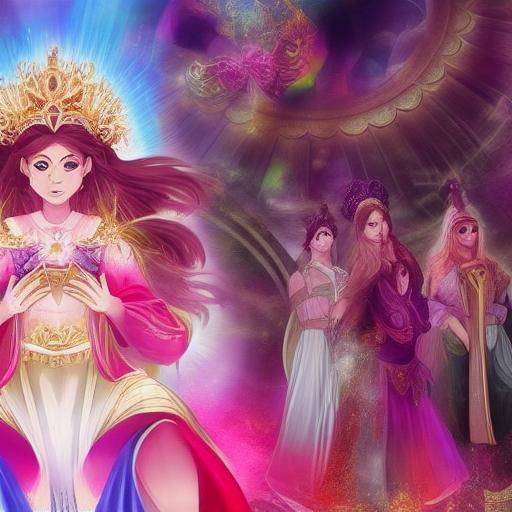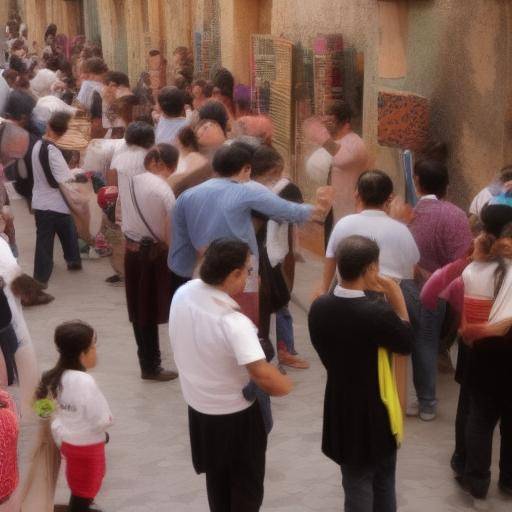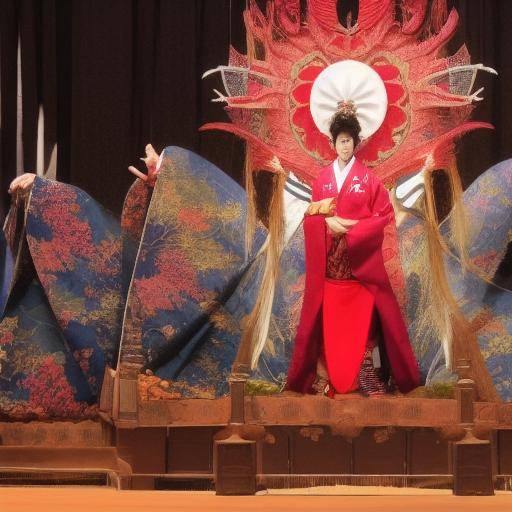
Introduction
The Japanese Phoenix, a mythical figure representing rebirth and transformation, has captivated the imagination of countless generations. In this article, we will thoroughly explore the cultural and historical relevance of the Japanese Phoenix, its connection with mythology, and how it symbolizes transformation in Japanese society. From its ancient roots to its influence today, we will discover how the concept of the Japanese Phoenix has endured over time and has impacted various areas of Japanese life. Prepare to take a trip through the mystique of the Japanese Phoenix, a symbol that continues to inspire and enchant millions around the world.
History and Background
The Japanese Phoenix, known as "Hou-ou" in Japanese, has its roots in Chinese mythology, but over the centuries, has evolved to acquire a distinctly Japanese identity. A crucial milestone in its history dates back to the Nara period (710-794 AD), when the Phoenix was adopted as an imperial emblem, symbolizing peace and prosperity.
Over the centuries, the Japanese Phoenix has played a vital role in Japanese culture and traditional arts, from painting and crafts to literature and Noh Theatre. This symbol has captured the imagination of the Japanese people, transcending borders and generations, becoming an emblem of resilience and renewal.
In Deep: Analysis and Meaning
The meaning of the Japanese Phoenix goes beyond its mythological appearance. At present, its symbolism of renewal and resurgence continues to exert a strong influence on Japanese society, where it manifests itself in different aspects of everyday life. From architecture to psychology, the concept of "revival" associated with the Japanese Phoenix has influenced various areas of study and practice.
In popular culture, the Japanese Phoenix has been a source of inspiration for manga, anime and video games, incorporating mythological elements in modern narratives and contemporary entertainment. His representation in contemporary art often reflects the search for transcendence and overcoming personal and social challenges.
Comprehensive review
This mythological symbol has not only left an indelible mark on Japanese culture, but has also resonated globally, transcending cultural and linguistic boundaries. In contemporary society, the figure of the Japanese Phoenix is studied in fields as diverse as psychology, sociology and anthropology, promoting the understanding of human resilience and the ability to reinvent in different contexts.
The Japanese Phoenix exemplifies longevity and adaptability, serving as a constant reminder of human capacity to overcome adversity and rebirth to seemingly insurmountable challenges. This ancestral vision of resilience continues to inspire individuals and communities in a constantly changing world.
Comparative analysis
The mythology behind the Japanese Phoenix shares similarities and differences with other mythological traditions, such as the Phoenix Ave of Greek mythology. As they share the symbolism of rebirth, each mythological figure has its own cultural context and unique meaning. In Japanese mythology, the Phoenix is intrinsically linked to the country's history and worldview, reflecting values and beliefs rooted in Japanese society.
Practical Tips and Accessible Recommendations
For those interested in further exploring the legacy of the Japanese Phoenix in contemporary culture and society, it is advisable to immerse themselves in academic literature and contemporary art related to this ancestral symbol. The visit to museums and sitehistoricals that host representations of the Japanese Phoenix will provide a deeper understanding of its cultural and aesthetic importance.
Industry Perspectives and Expert Reviews
Numerous academic studies and experts in Japanese mythology and culture have analyzed the relevance of the Japanese Phoenix in modern society. His views and conclusions shed light on the evolution of contemporary interpretation of this mythological symbol and its continued influence in various disciplines.
According to Japanese anthropologist Masao Yamazaki, the Japanese Phoenix represents a topic of great relevance in understanding Japanese cultural identity and its ability to adapt and transform itself in response to historical and contemporary challenges. These ideas support the notion that the Phoenix will continue to be a source of inspiration and reflection for future generations.
Case Studies and Real Life Applications
The Japanese Phoenix, beyond its role in mythology, has found its place in contemporary life, influencing the narrative of personal and collective transformation. In modern Japanese literature, films and music, the symbolism of the Japanese Phoenix is recurring, reflecting themes of overcoming, resilience and hope.
A notable example is the adaptation of the Japanese Phoenix in the narrative of anime, where characters and plots intertwin with the symbolism of the Phoenix, transmitting messages of redemption and rebirth. This phenomenon not only illustrates the pervasiveness of the mythology of the Japanese Phoenix in popular culture, but also shows its ability to connect with contemporary audiences through its timeless message.
Future Trends and Predictions
As society continues to evolve, the concept of the Japanese Phoenix is expected to remain relevant, serving as a beacon of hope and resilience in times of change. With the advancement of technology and globalization, new interpretations and manifestations of the Japanese Phoenix in popular culture and arts are likely to occur, expanding their influence on new generations and global audiences.
Conclusion
In the course of this journey through the mysticism of the Japanese Phoenix, we have explored its deep connection with mythology and its meaning in Japanese society. From its ancestral roots to its influence on contemporary culture, the Japanese Phoenix remains an inspiring symbol of renewal and overcoming. By understanding its history, symbolism and applications in real life, we can appreciate its lasting legacy in Japanese society and its global impact.
Frequently asked questions (FAQs)
**What is the story behind the Japanese Phoenix?**The history of the Japanese Phoenix goes back to Chinese mythology, where it was known as Fenghuang. Over time, this mythical figure was adopted in Japanese mythology, acquiring its own variations and distinctive symbols.
**How is Japanese Phoenix represented in contemporary Japanese culture?**The Japanese Phoenix presents itself in Japanese popular culture through various manifestations, including anime, manga, video games, literature, contemporary art and visual media. His symbolism of rebirth and resilience has made him a recurring theme in the modern narrative.
**What is the importance of the Japanese Phoenix in today's society?**The Japanese Phoenix remains relevant in today's society, serving as a symbol of hope, renewal and overcoming challenges. His presence extends to fields such as psychology, sociology and art, influencing the understanding of human resilience.
**What are the similarities and differences between the Japanese Phoenix and other mythological figures?**While sharing the symbolism of rebirth with other mythological figures such as the Greek Phoenix Ave, the Japanese Phoenix has its own cultural identity and unique meaning rooted in Japanese society. The differences and similarities between these mythological figures are topics of interest among the studies of comparative mythology.
**What is the influence of the Japanese Phoenix in contemporary narrative?**The Japanese Phoenix has had a significant influence on contemporary narrative through its incorporation into media such as anime, manga and modern literature. Its rebirth and resilience metaphors have been adopted in stories that convey inspiring and overcoming messages.
**How has the symbolism of the Japanese Phoenix evolved over time?**Over the centuries, the symbolism of the Japanese Phoenix has evolved to adapt to social and cultural changes. From its association with royalty in antiquity to its meaning as a symbol of hope in today's society, the Japanese Phoenix has maintained its relevance over time.
**What is the legacy of the Japanese Phoenix in Japanese culture?**The legacy of the Japanese Phoenix in Japanese culture is profound and lasting. It is reflected in various forms of artistic expression, philosophical thought and academic studies, highlighting its importance as a symbol rooted in Japanese cultural identity.
In conclusion, the Japanese Phoenix, with its rich history, deep symbolism and its impact on contemporary culture, remains a powerful symbol of resilience and renewal in Japanese society and beyond. His lasting legacy continues to inspire new generations to embrace the ability to rebirth and flourish, even in the most challenging moments.

